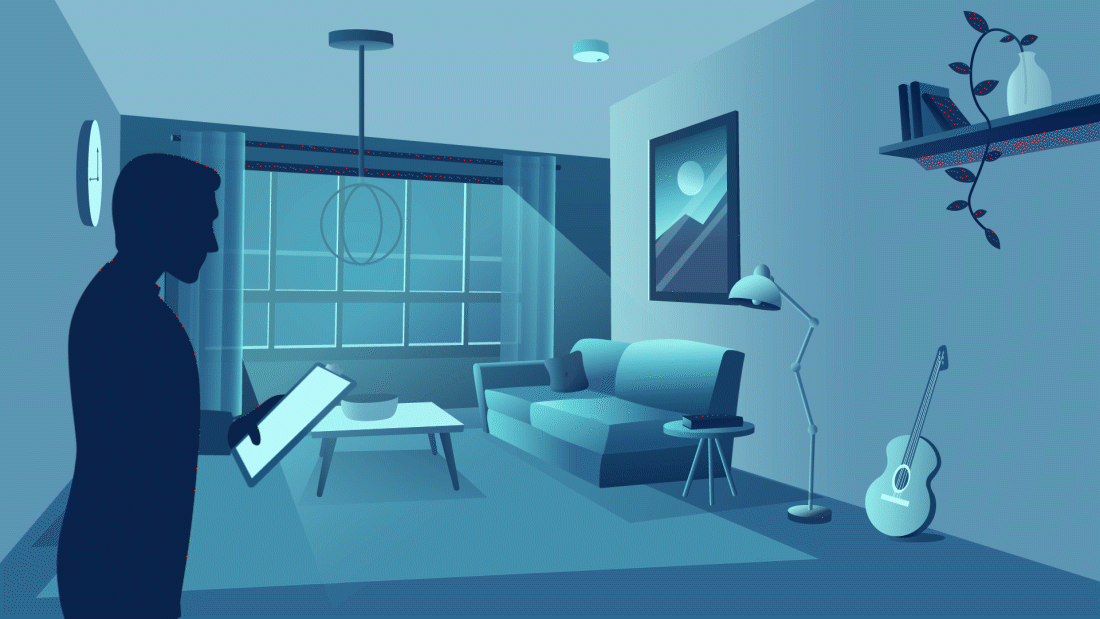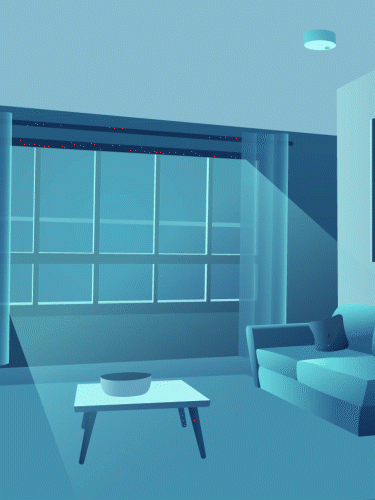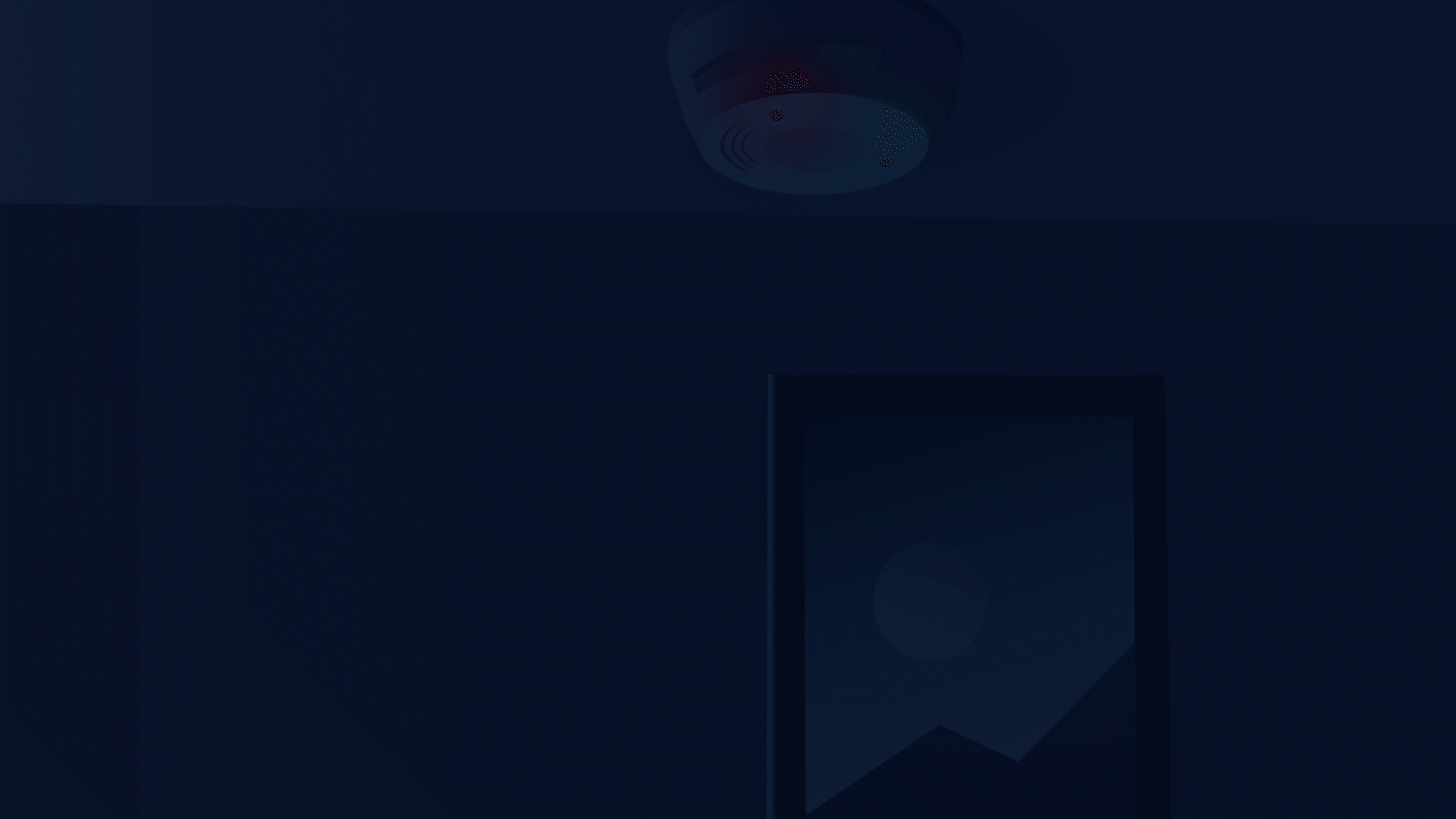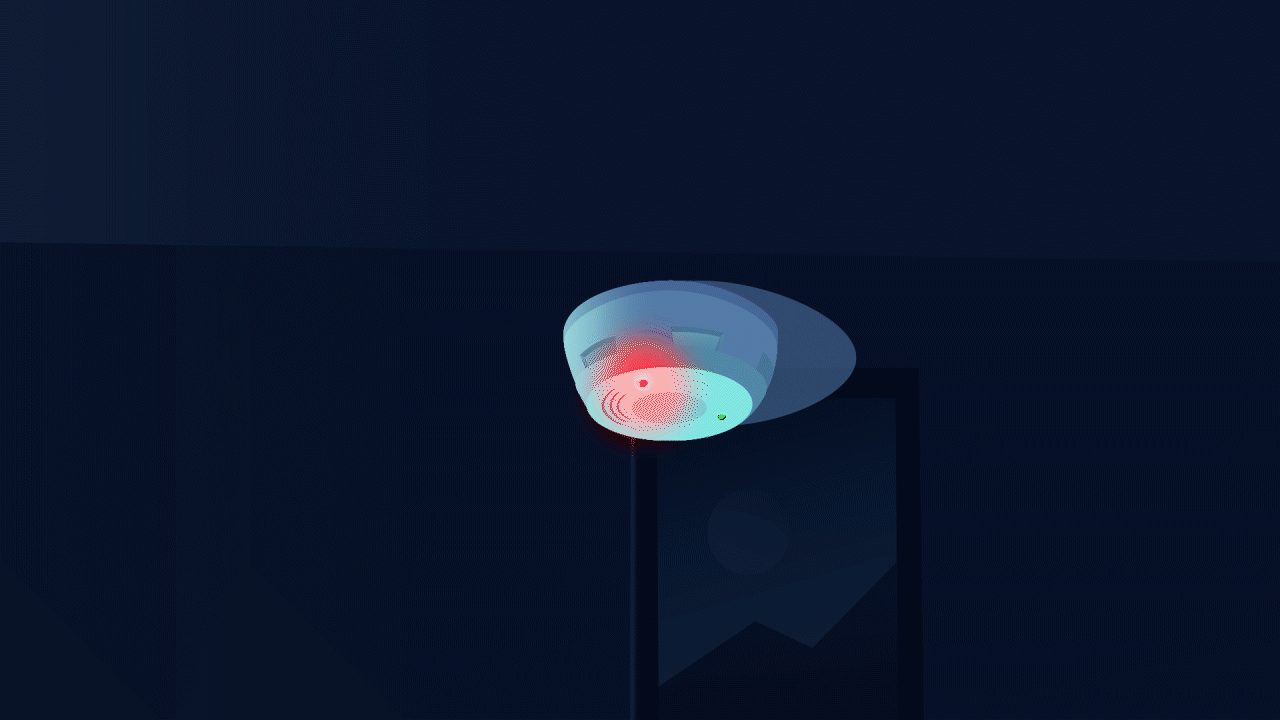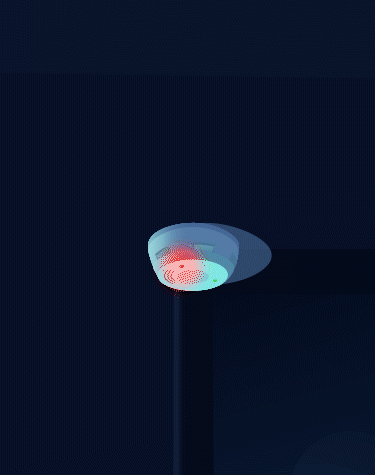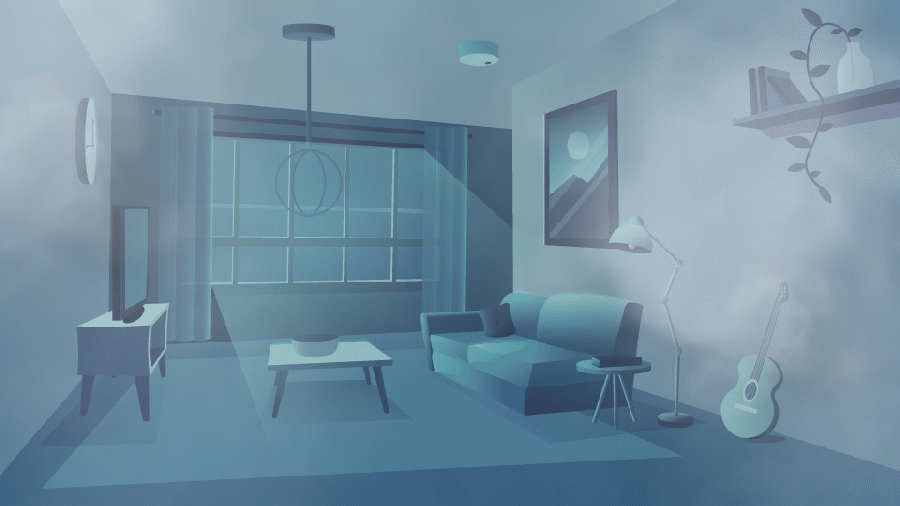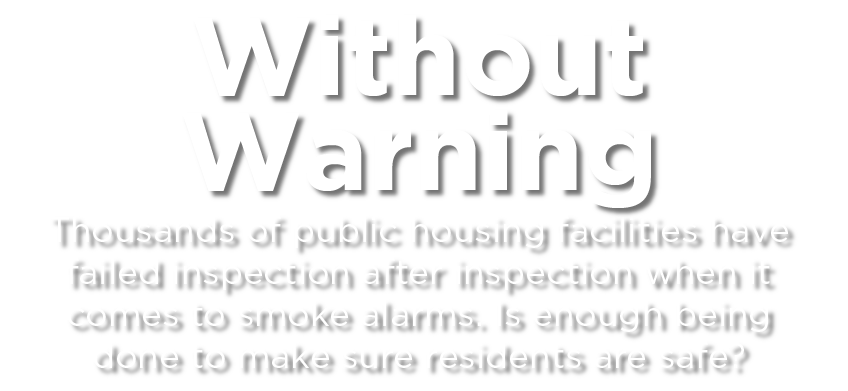Smoke detector issues rampant at Bay Area public housing complexes
The U.S. Department of Housing and Urban Development recently awarded $2.7 billion to improve and preserve public housing.
As the improvements roll out, ABC7 News is digging into public housing data.
I-TEAM reporter Melanie Woodrow examined HUD's own inspection data for nearly 500 Bay Area public housing complexes over the last five years.
The analysis, in collaboration with data journalists for ABC Owned Television Stations, found that 90% of the Bay Area's properties cited for smoke detector issues more than twice were also overdue for an inspection. The issue was deadly at one San Francisco public housing complex.
"This was a young boy full of life," said attorney Chris Dolan.
To his parents, 3-year-old Santana Williams was their little man. Despite his young age and small stature, relatives say Santana had an old soul.
"This was a loving family," Dolan continued.
On April 16, 2014, Santana's mother Esther Ione was giving him a bath on the second floor of their apartment at San Francisco's Sunnydale-Velasco Housing Development when a fire burst out in the living room downstairs.
"Within seconds you'll see it burst into flames," said Dolan, while showing ABC7 News surveillance video from the fire.
"This is where Esther died and her son died," he said, pointing out the bathtub and clues to their final moments together.
"It had been burned everywhere but there was this obvious line and then white," said Dolan pointing to the bathtub.
There is a white line where the bath had been filled with water. Esther put her son in the tub, and then she covered him with her own body.
"It was baked alive while she tried to protect him," Dolan said.
Firefighters recovered Esther's body at the home. They took Santana to the hospital where he later passed.
According to the Fire Investigation Report, the cause of the fire was accidental.
The report also notes there were four mounting brackets for smoke detectors, one in the living room where the fire began, one on the second-floor landing and one in each bedroom. But, there were no smoke detectors on those mounting brackets.
Fire investigators say three of the four smoke alarms were found in a kitchen drawer without their batteries.
"We have repeated written requests that are kept by the housing authority's own database showing that she had made multiple requests to have the smoke alarms fixed and to have the electrical issues dealt with. She even gave them permission to enter the unit if she wasn't there," Dolan said.
According to one of those work orders requested on March 31, 2014, an electrician went to the apartment the following day, April 1. Despite having permission to enter, he was unable to go in. The work order was marked as completed the same day, even though the notes on the report say "NO" next to the question "Do all smoke detectors work?"
That was two weeks before the fatal fire.
"There was plenty of time for them to return to that unit to fix this problem before that fire killed two people," Dolan said.
In an emailed statement, Attorney Kevin Cholakian, who represented the San Francisco Housing Authority tells the I-TEAM an electrician "went back on two more days and each time was refused entry into the apartment."
"The detectors would have worked had they not been disconnected..."
"Tenants who do not follow the rules can at times create hazards and dangers to themselves… This was sadly, one of those situations," the emailed statement continues.
The I-Team dug into 5 years of HUD's published data from 2014 through 2019. We looked at inspections for 485 housing complexes across the Bay Area.
We found 165 were cited for smoke detector problems at least once.
Of those, 69 were cited for smoke detector problems at least twice.
And 28 were cited for smoke detector problems on three out of three inspections.
That includes Sunnydale Velasco, which had three failing inspection scores: 45 in 2015, and 59 and 35 on two inspections in 2017.
Ninety percent of the Bay Area's 69 properties cited for smoke detector issues more than twice were also overdue for an inspection, including Sunnydale Velasco. The complex's Februrary 2017 inspection was overdue by 151 days, despite the fatal fire just a few years prior.
In an emailed statement, the spokesperson for HUD Region 9, which includes California, wrote, "In a large majority of the incidences where smoke detector deficiencies were identified during an inspection, the smoke detector was intentionally disabled by the resident by removing the battery or ripping the smoke detector from the ceiling."
However, Secretary of Housing and Urban Development Ben Carson admits the inspection process has been troubled.
"When I came to HUD, the place quite frankly was a mess," Carson said. "There are a lot of things that need to be corrected." Carson added, "And they aren't corrected overnight, but we are making significant progress."
"The housing authority needs to change it needs to be active it needs to act like a landlord and it needs to care for the people who have been entrusted to them for care," Dolan said.
The Sunnydale Velasco housing development is in the midst of multi-year, multimillion-dollar revitalization. HUD's Region 9 spokesperson also said the city and county of San Francisco housing authority has committed $8 million to help bring existing housing units up to the federal Housing Quality Standards until all residential units have been replaced with new ones.
Those are welcome changes that come too late for at least one San Francisco family.
Santana Williams' father reached a settlement with the San Francisco Housing Authority following the 2014 fire. The settlement did not include any admission of wrongdoing.
Across the country, more than 1 million Americans are living in federally-funded housing complexes where inspectors have found there were not enough working smoke detectors.
In thousands of those complexes, the problems showed up on inspection after inspection.
ABC Owned Television Stations obtained and analyzed records from every published federal government inspection of subsidized housing since 2014 and found more than 11,000 complexes nationwide cited for missing, broken or otherwise inadequate smoke alarms.
That's 41% of all complexes run by public housing authorities or private landlords who get subsidies from taxpayers across the country. Many are home to elderly and disabled residents.
The problem in some cities was worse. Half or more of the complexes in New York, Houston and Chicago had been cited for not making sure smoke detectors were in place and working. In the suburbs of Bayonne, Newark and Jersey City in New Jersey, it was two-thirds of properties.
At more than 4,000 low-income housing sites nationwide, the ABC stations' exclusive data analysis reveals inspectors found smoke alarm problems on more than one inspection from 2014 through 2019.
The data analysis also found:
- At three of every four public housing complexes where inspectors discovered smoke detector problems, the inspectors also reported other dangers they considered "life-threatening" such as electrical hazards and blocked fire exits. At more than 8,000 facilities, life-threatening dangers showed up on multiple inspections.
- Despite knowing about smoke alarms and other safety problems, government inspectors returned to inspect properties months or even years behind schedule. About 90% of complexes with smoke alarm problems were inspected late, based on HUD's rules.
- Among the public housing facilities cited for smoke alarm problems were more than 2,800 complexes serving the elderly and 775 more serving disabled residents.
The federal government posts all of its inspection scores and some details about deficiencies - such as smoke detector problems - on HUD's public website and updates the records regularly. The most recently published data listing the inspection scores, which ABC reviewed, is current through 2019 for the vast majority of properties. In some states, the latest inspections published for public housing authorities were in 2018.
The investigation did not find problems with the smoke alarms or their manufacturers. Many of those companies work year in and out with fire departments and volunteer groups to give away detectors to anyone who needs them.
Rather, the investigation focused on the federal government's failure to make sure owners - whether they are public housing authorities or private landlords who receive federal subsidies - ensure their properties meet federal safety standards. That includes making sure smoke alarms are in place and working.
The federal rules say owners must install detectors in every home or apartment and check back regularly to make sure they work. That includes replacing batteries, which the rules say is among the owners' responsibilities. Owners also must set rules forbidding tenants from disabling smoke alarms.
Owners who don't follow federal guidelines can be penalized. For example, private landlords can lose the government money they're getting for providing safe housing.

